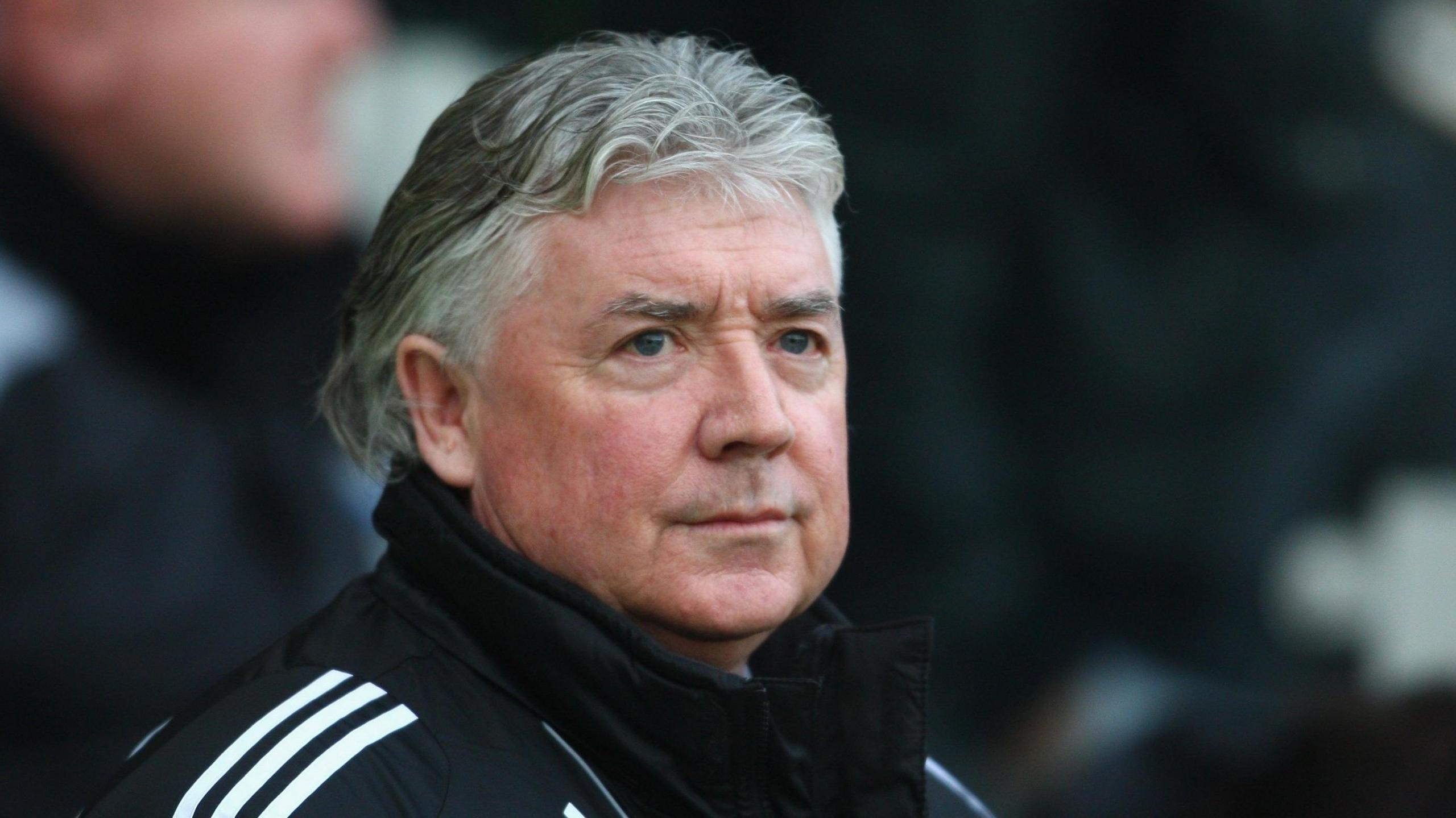Scientists probe link between football and players' brain health
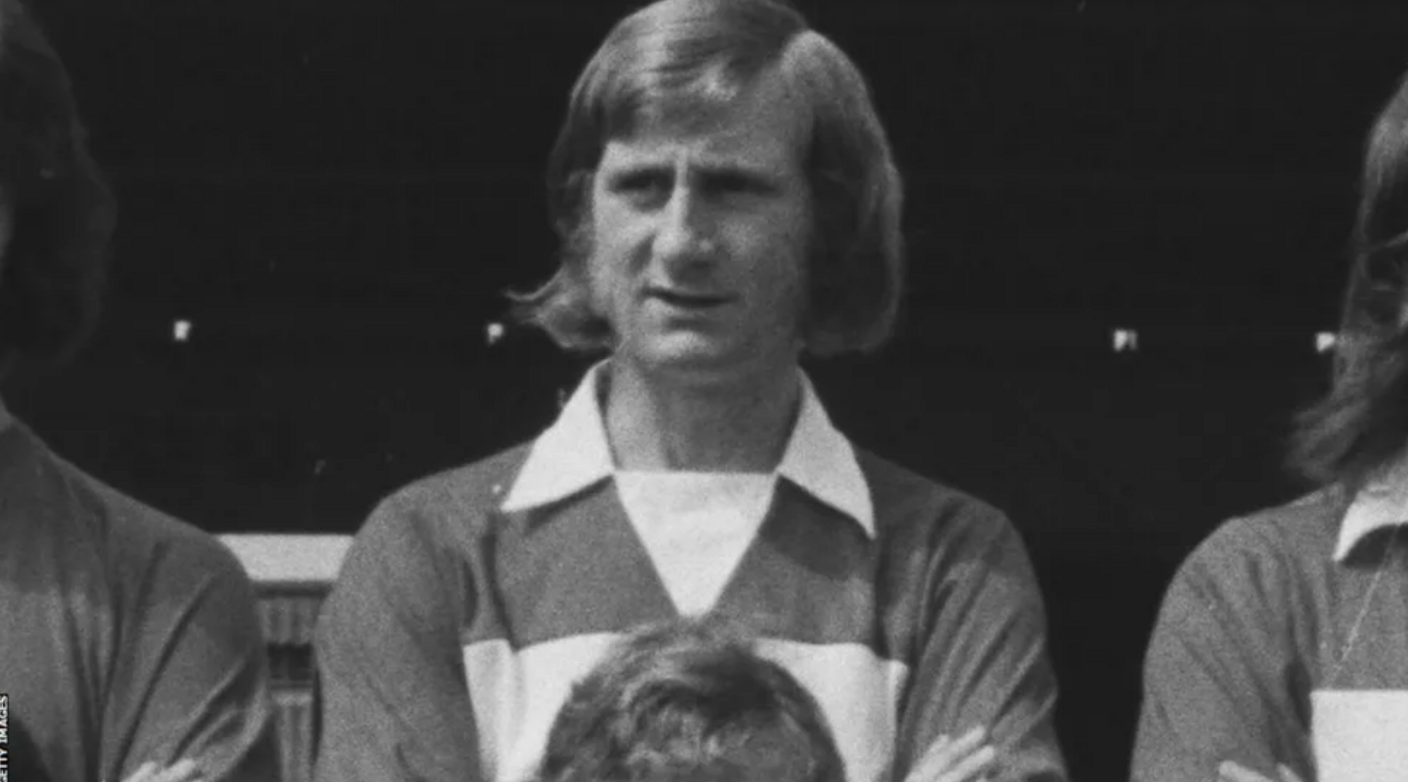
The match on Sunday will also be held in memory of footballer Bill Gates, who developed a neuro-degenerative disease
- Published
"The most important game of football since 1863" will be held on Sunday to raise awareness of how the sport can affect players’ brain health, said clinicians.
The Generations Game: Cambridge vs The Rest of the World will be held at Parker’s Piece, Cambridge, which is the location where the rules of football were reportedly first established before being adopted by the Football Association in 1863.
The match is part of the build up to the annual meeting of the International Neurotrauma Society (INTS), which is hosted by Addenbrooke’s Hospital and the University of Cambridge.
Peter Hutchinson, a professor of neurosurgery at Cambridge University, said it was an "important" game that would raise awareness of the brain injuries that can arise in football.
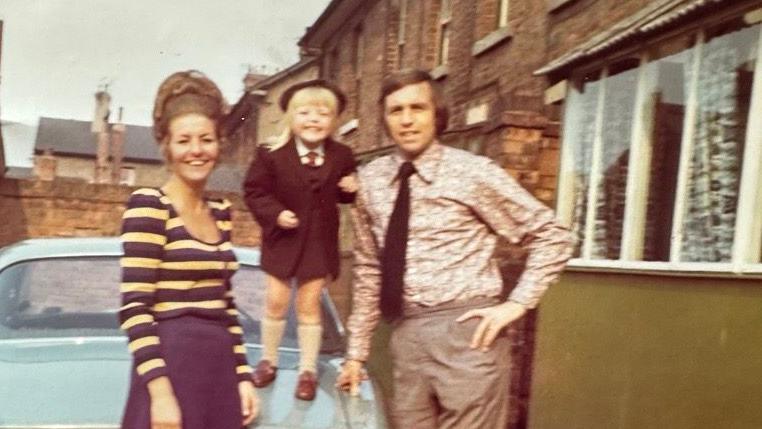
Dawn Astle has campaigned to promote the care of others affected by brain conditions similar to the one her father developed
The match, external, which is hosted by Head Safe Football, will bring together world-leading brain injury neuroscientists and clinicians, football coaches, ex-professional players, and recreational players.
The first part of the game will be played according to the 1863 Rules of Football, then the current rules of football, then the new FA U9 rules.
It leads up to the INTS conference in Cambridge, where Dawn Astle, the daughter of the former England and West Bromwich Albion striker, Jeff Astle, will speak on Wednesday.
The ex-striker died in 2002 from a brain condition normally linked to boxers which was said to have been caused by heading footballs.
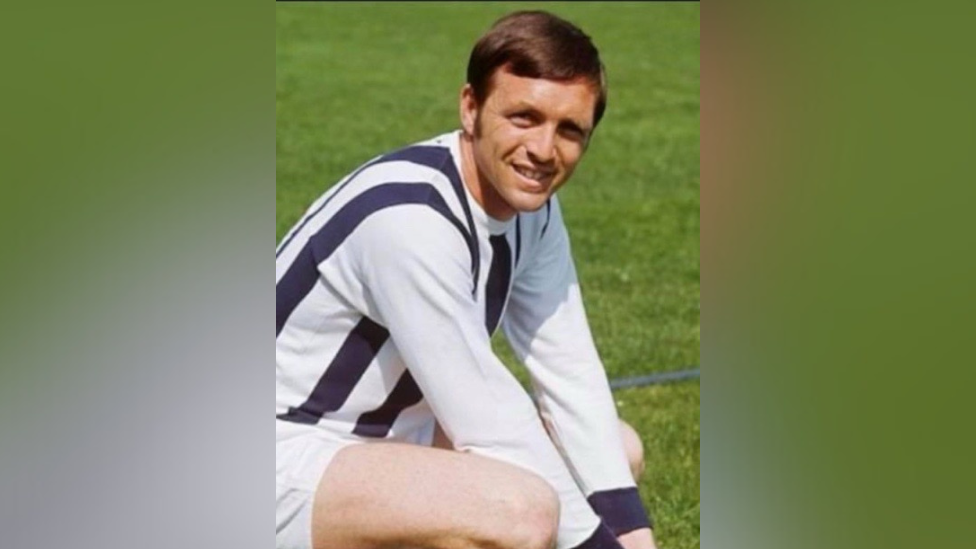
Jeff Astle died in 2002 from a brain condition normally linked to boxers which was said to have been caused by heading footballs
Ms Astle, 56, from Leicestershire, has campaigned to promote the care of others affected by the condition, as well as education and research into the illness.
"It started off about my dad but we became the voice of hundreds of players, those diagnosed with dementia and also those who have passed away," she said.
"We wanted to do whatever we could to stop this happening to other players and secondly to support those who all this is too late for.
"It's a real privilege [to speak at the conference] any education about this is important, but I think dad's story is quite unique as he was the first player, it's his death that changed everything."
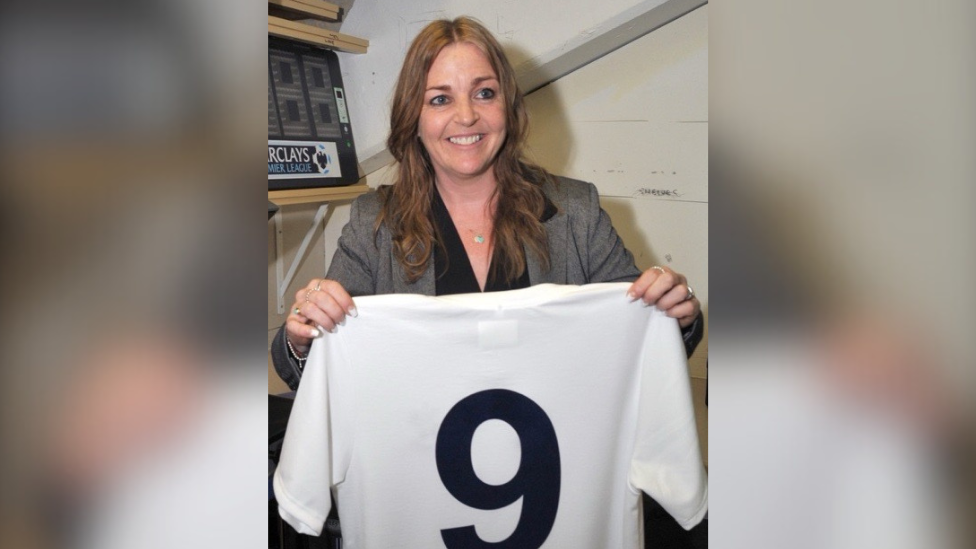
Dawn Astle said: "We wanted to do whatever we could to stop this happening to other players"
The match on Sunday will also be held in memory of Bill Gates, a former defender for Middlesbrough FC who developed a neuro-degenerative disease.
Gates, who died last year aged 79, inspired a campaign after his retirement which highlighted the links between heading footballs and dementia.
Mr Hutchinson, the incoming president of the International Neurotrauma Society, credited Head Safe Football, the Gates family and Ms Astle for their work.
He hoped the match on Sunday would be "lot of fun" and raise "a lot of awareness".
"At Addenbrooke's Hospital football related concussion, generally the acute ones, are due to direct head contact, we don't see many acute concussive injuries from the ball itself.
"So I think what we're trying to do, particularly through raising awareness, is look at some of the longer-term consequences.
"I don't think people should stop heading the football, in the professional game it's really important, but perhaps in training maybe there's a way it could be done a little bit less... and see how we can make that a little bit safer to to reduce the risk."
He added the match would "set the stage for what will be an exciting week," as the game pre-empts a public symposium on head injuries and concussions in sports at the Cambridge Corn Exchange on Wednesday.
Get in touch
Do you have a story suggestion for Cambridgeshire?
Follow Cambridgeshire news on BBC Sounds, Facebook, external, Instagram, external and X, external.
More like this story
- Attribution
- Published21 March 2024
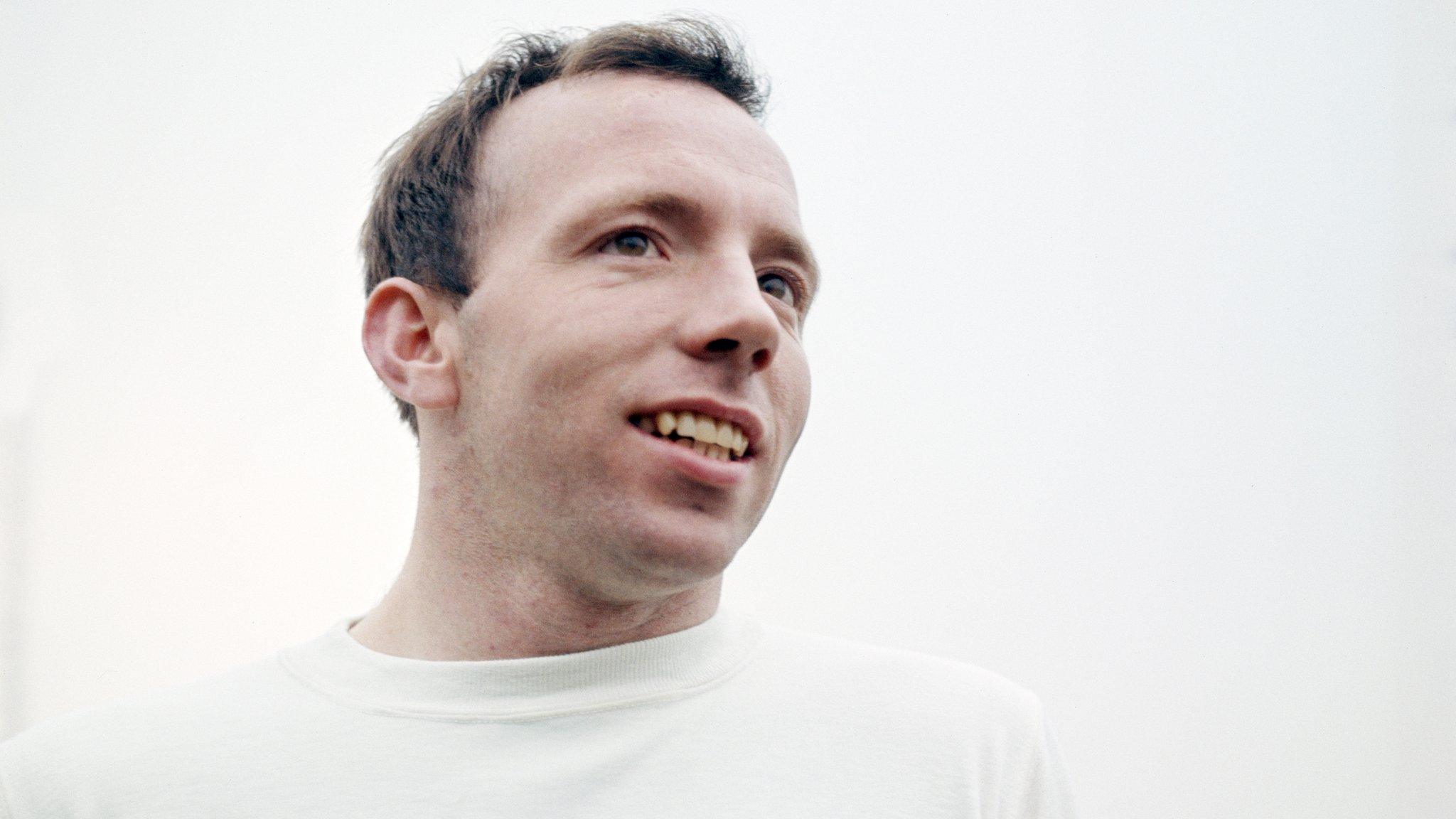
- Attribution
- Published16 January 2024
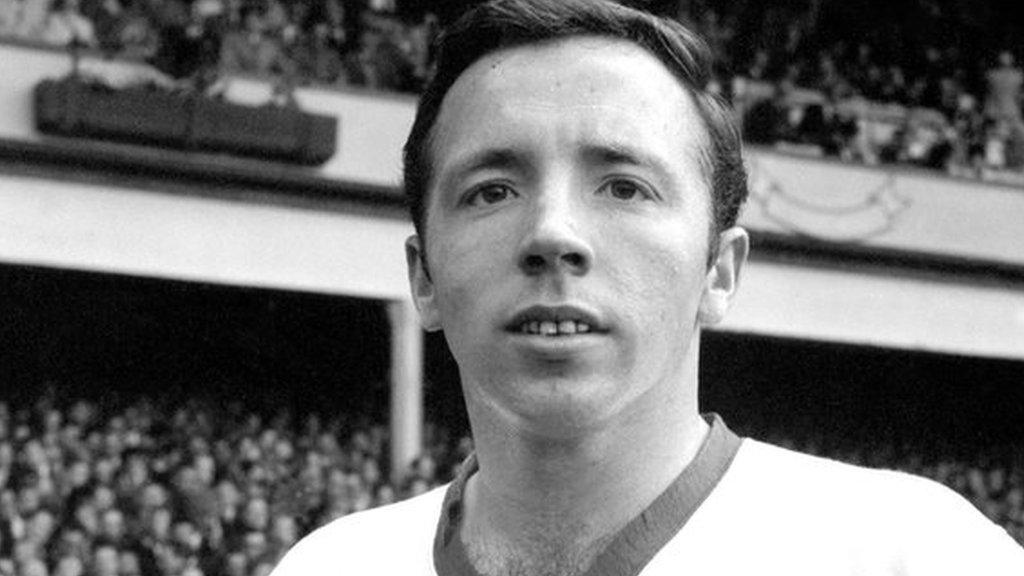
- Attribution
- Published1 May 2024
